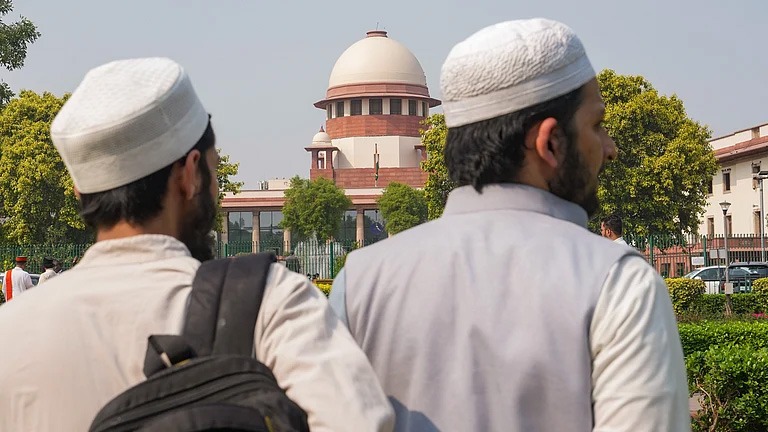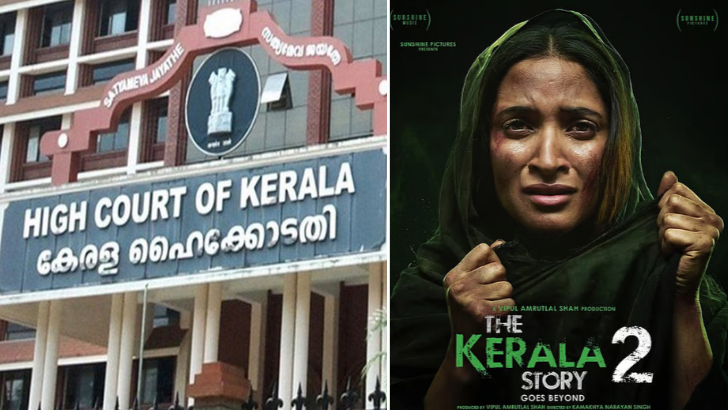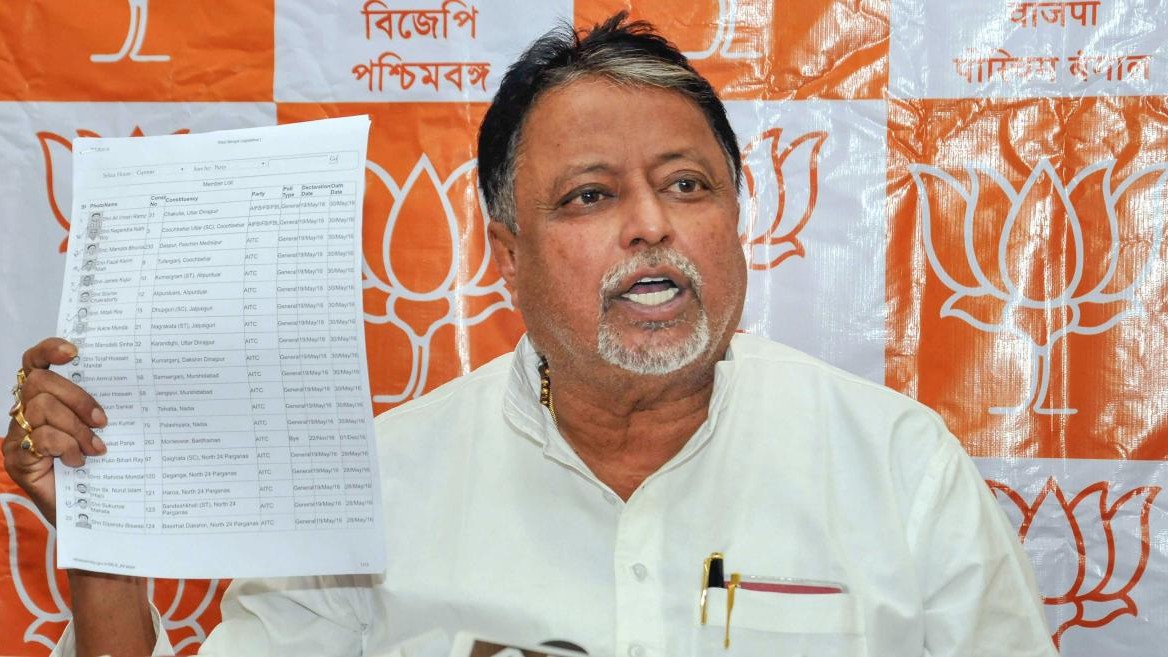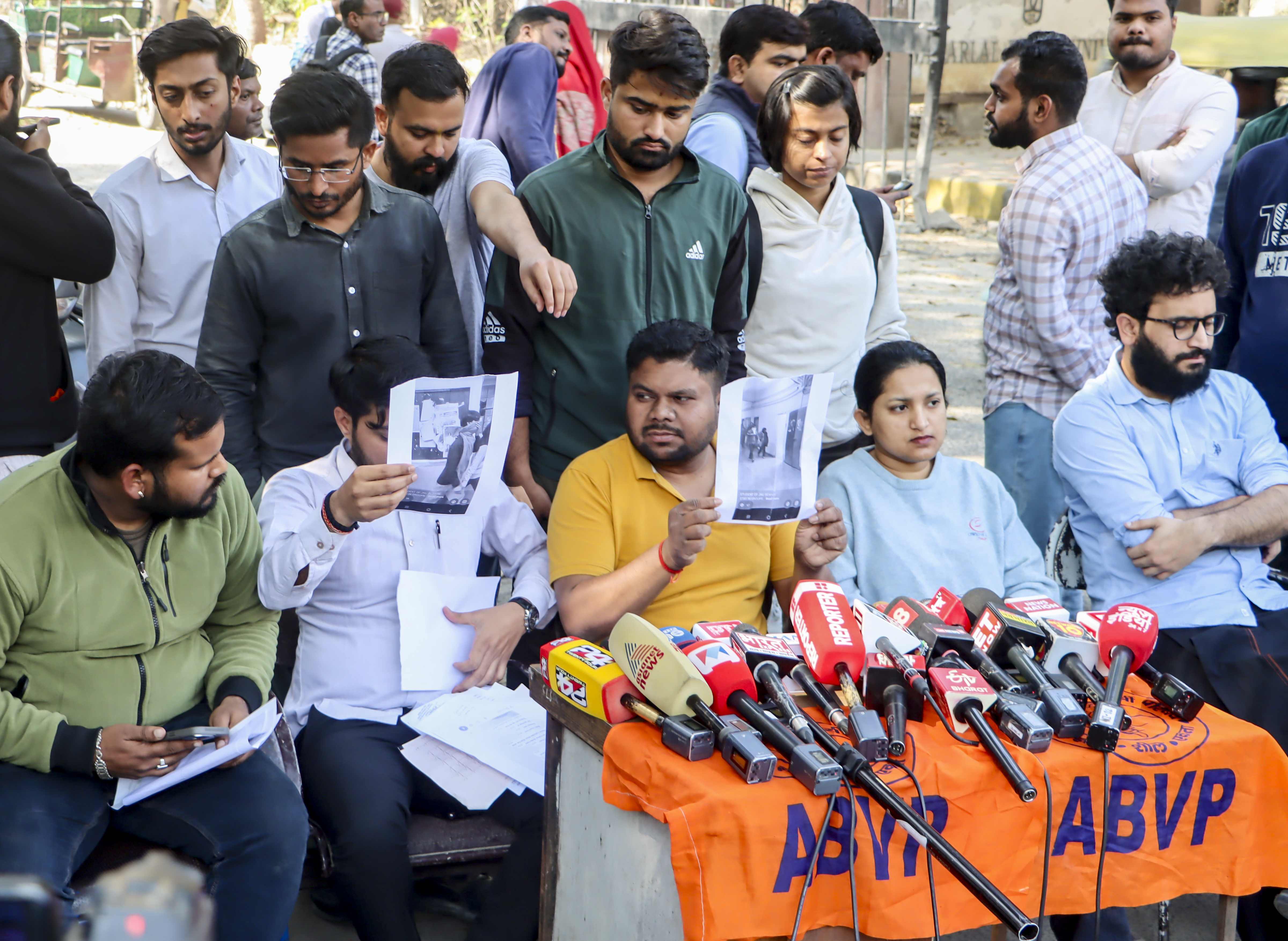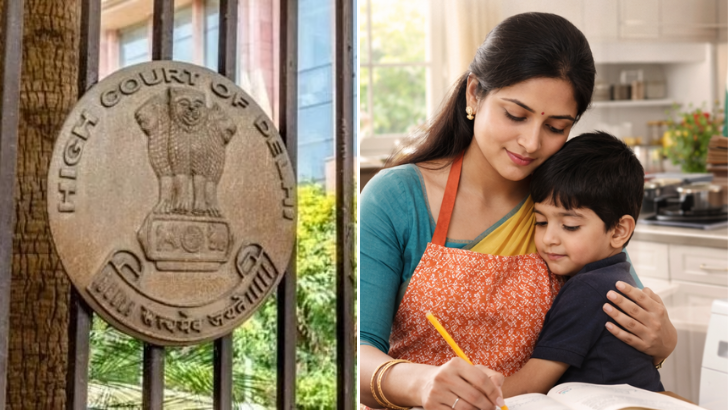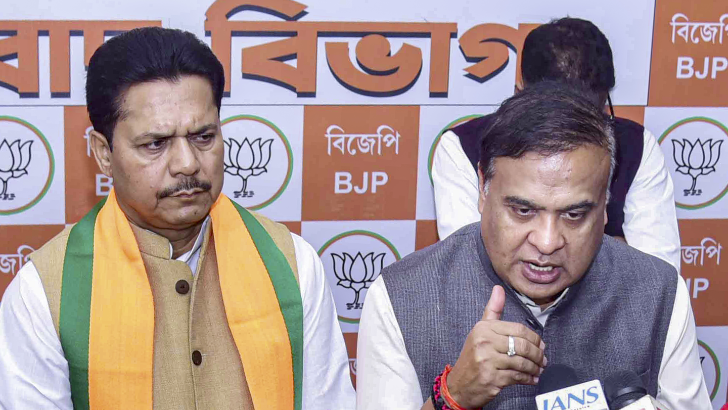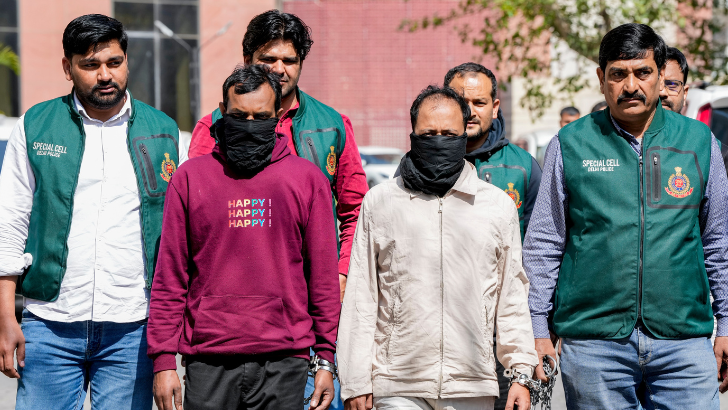Will Muslims be on Hindu boards: SC to govt on Waqf Act
SC says properties declared Waqf cannot be denotified
PTI
-
Visitors outside SC as hearing on Waqf Act commences
New
Delhi, 16 April
The Supreme Court on Wednesday proposed to stay certain key provisions of the contentious Waqf (Amendment) Act, 2025, including the power to denotify properties declared as Waqf by courts and the inclusion of non-Muslims in central Waqf councils and boards.
The top
court also asked the Centre if Muslims would be allowed to be part of Hindu
religious trusts.
The top
court proposed to pass the order, which was opposed by the Centre.
The top
court went on, “All Members of the Waqf boards and Central Waqf Council must be
Muslims, except the ex-officio members.”
After
hearing Solicitor General Tushar Mehta for the Centre and lawyers Kapil Sibal,
Rajeev Dhavan, Abhishek Singhvi, CU Singh for Muslim bodies and individual
petitioners, the CJI proposed to issue the notice and to pass an interim order,
saying it will “balance the equities”.
The bench will resume hearing on at 2pm on 17 April.
It also
expressed concern over the violence that followed the law’s enactment and said
it was disturbing.
The apex
court questioned Mehta on how “Waqf by user” can be disallowed, as many would
not havethe requisite documents to get such Waqfs registered. “Waqf by user”
refers to a practice where a property is recognised as a religious or
charitable endowment based on its long-term, uninterrupted use for such
purposes, even if there isn’t a formal, written declaration of Qaqf by the
owner.
“How
will you register such Waqfs by the user? What documents will they have? It will
lead to undoing something. Yes, there is some misuse.
But there are genuine ones also. Waqf by user is recognised. If you undo it, then it will be a problem. Legislature cannot declare a judgment, order or
decree as void. You can only take the basis,” the bench said.
The
bench added under the new Act, only eight of the 22 members of the Central Waqf
Council would be Muslims.
The apex
court said that when a public trust was declared to be a Waqf 200 years ago, it couldn’t suddenly be taken over by the
Waqf board and declared otherwise.
“You
cannot rewrite the past,” the bench observed.
Sibal,
appearing for the petitioners, said he was challenging the provision that says only Muslims could create a Waqf.
“How can the state decide whether, and how I am a Muslim or not and hence, eligible to
create a waqf?” Sibal asked.
About 72
petitions, including those by AIMIM leader Asaduddin Owaisi, All India Muslim
Personal Law Board, Jamiat Ulama-i-Hind, the DMK, and Congress MP Imran
Pratapgarhi been filed challenging the validity of the Act.
Leave a Reply
Your email address will not be published. Required fields are marked *








